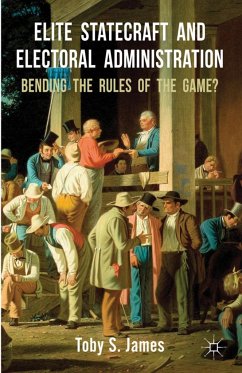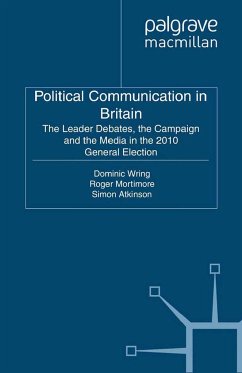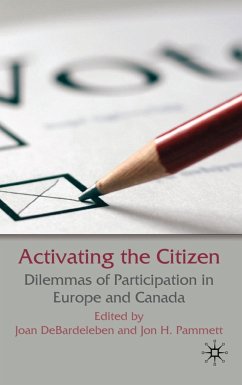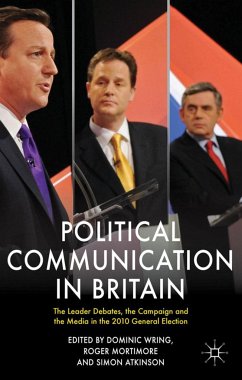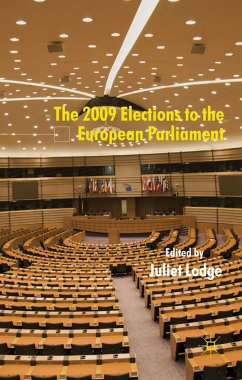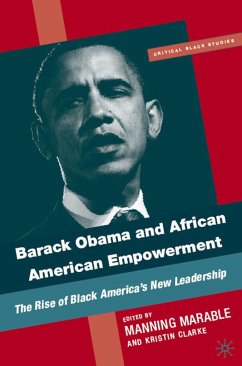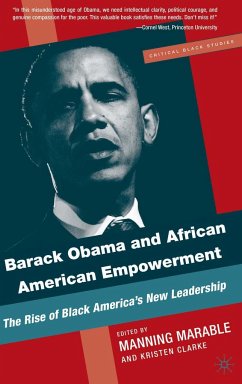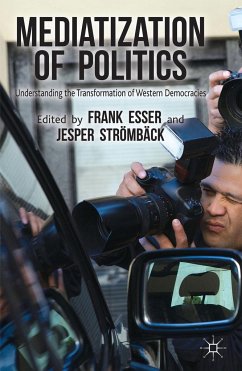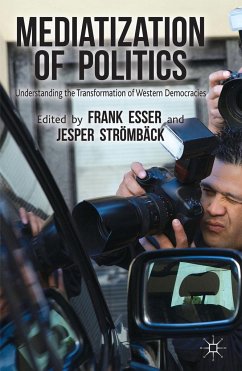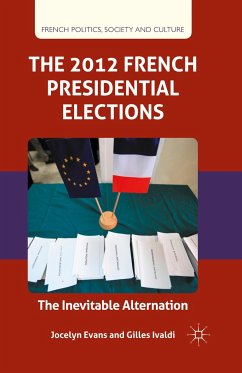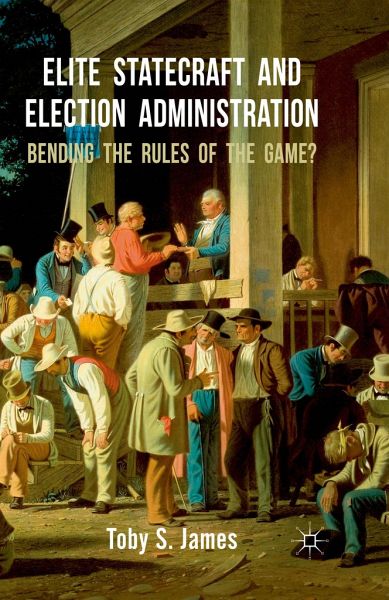
Elite Statecraft and Election Administration
Bending the Rules of the Game?
Versandkostenfrei!
Versandfertig in 6-10 Tagen
38,99 €
inkl. MwSt.
Weitere Ausgaben:

PAYBACK Punkte
19 °P sammeln!
The way in which elections are run is changing, as radical reforms or experiments have been introduced across the world. This book establishes why election administration might be used by political elites to win and maintain power. It identifies the role of elite interests in shaping election administration in USA, UK and Ireland.





